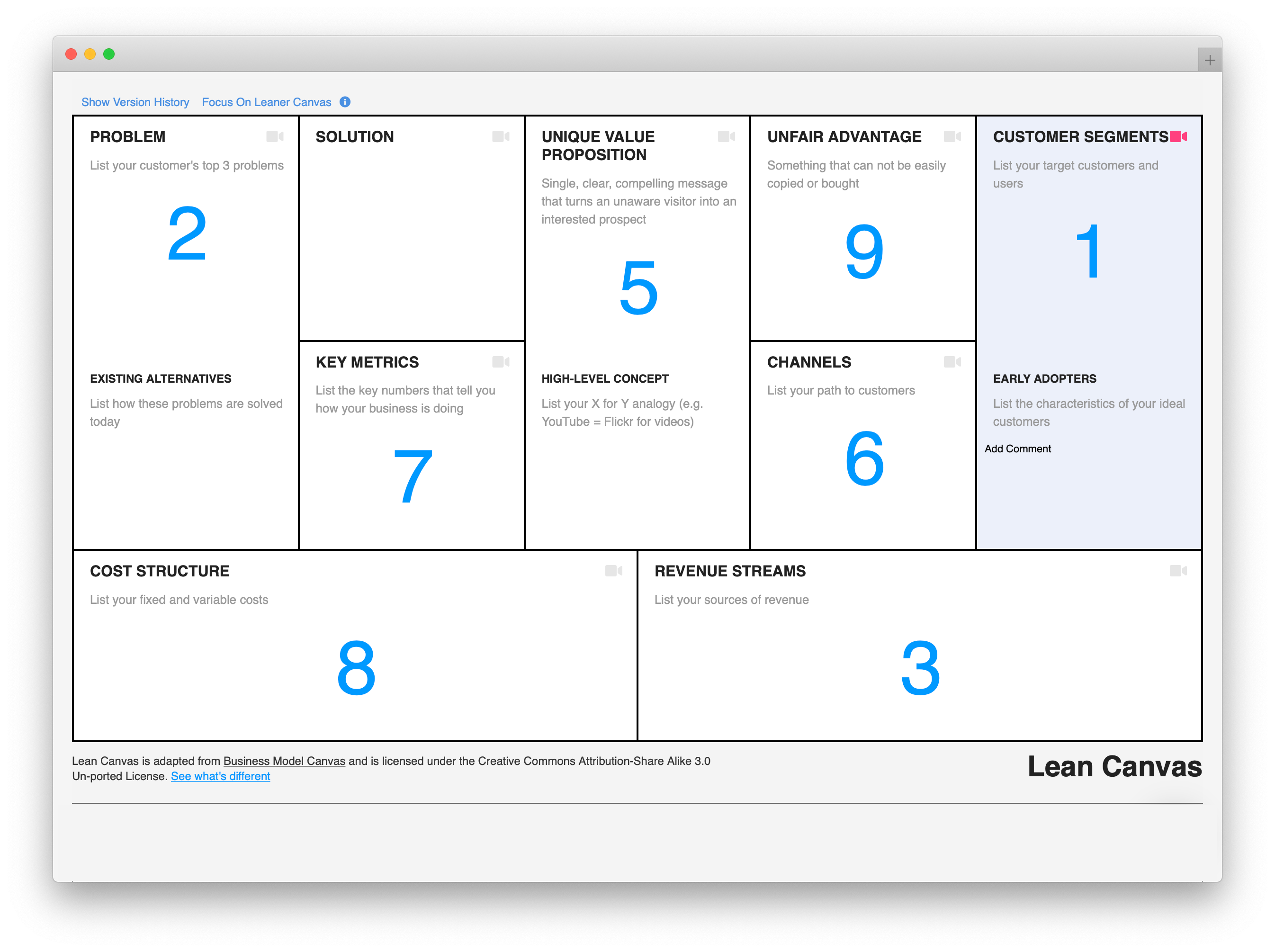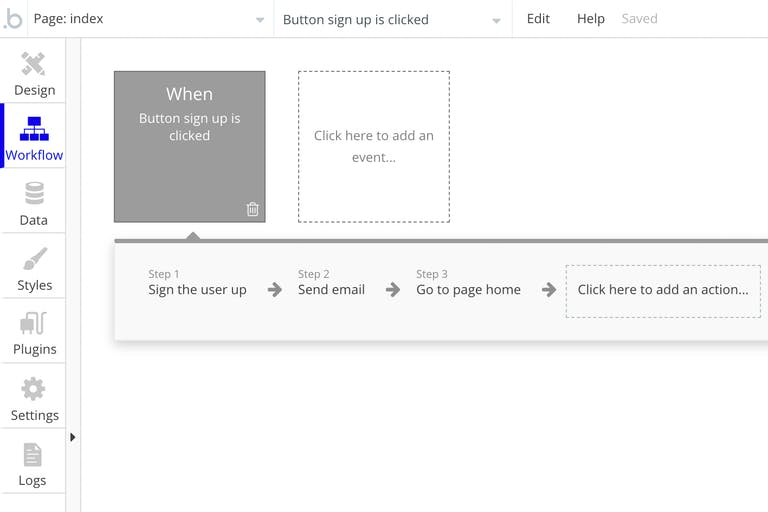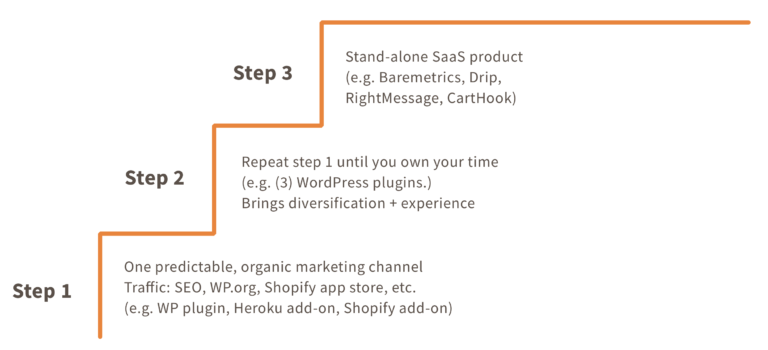Many software startups have at least one technical co-founder. That way, they can quickly pivot to find product-market fit without racking up substantial development costs along the way. Unfortunately, many non-technical founders have trouble finding the right partners, leaving them to choose between learning to code or paying for development.
The good news is that new strategies and tools make it easier for non-technical founders to launch their startups. For example, Lean Startup introduced new ways to validate customer problems before investing in software development while no-code platforms have made it easier for non-developers to build complex software products.
In this article, we'll look at some of these strategies and how non-technical founders can put them to use and maximize their odds of success.
Non-technical founders that spend time validating their ideas can use no-code tools and other techniques to launch without a technical co-founder. Share on XSpend Time Validating the Problem
Most startups fail due to a lack of product-market fit. In other words, they never found a problem that customers will pay to solve. The problem that the startup is trying to solve does not exist. While every startup should spend serious time talking to customers to validate their ideas, startups without technical co-founders have fewer opportunities to pivot, making it absolutely critical to nail down the problem.
Rob Fitzpatrick's The Mom Test provides a quick, practical guide to interviewing customers and validating problems. The book suggests talking to customers about their lives and asking specific questions rather than pitching your idea. At the same time, you should also be wary of compliments and dig into any negative feedback.

Lean Canvas makes it easy to create a 1-page business plan. Source: Lean Stack
When you are confident you've hit on a customer pain point, the Lean Canvas can help you think through the entire business model and identify assumptions that you can test with a minimum viable product (MVP). Knowing the weakest parts of your plan makes it easier to fail quickly and avoid wasting time and money going down the wrong path.
Build an MVP with a No-Code Platform
No-code and low-code platforms enable non-developers to build software using a drag-and-drop user interface. For example, Bubble provides a drag-and-drop website builder along with tools to manage application logic and data. In addition, you can use plugins to handle everything from payments to transactional emails.

Bubble provides an easy-to-use drag-and-drop builder. Source: Bubble
If you're a non-technical founder, no-code platforms are an excellent way to build an MVP. For instance, Bubble costs just $29 per month for a personal plan, including the builder, version control, hosting, and other capabilities under a single roof (and bill). That's a lot more economical than hiring a developer and paying for various infrastructure costs.
The downside is that no-code platforms have their own learning curve—and what you learn doesn't apply to other platforms. No-code platforms also have some technical limitations. And finally, if you decide to launch with a no-code platform, you may also face vendor lock-in issues since it's difficult or impossible to migrate to another platform.
Scaling into the Market with Small Products
Rob Walling introduced a stair-step approach to bootstrapping back in 2015. Rather than starting with a standalone software-as-a-service (SaaS) product, he recommended starting with add-ons to an existing ecosystem, such as a WordPress plugin or Shopify app, which may target the same customers and/or customer problems.

Rob Walling's Stair-Step Approach - Source: Rob Walling
The development costs for these add-ons are significantly lower than a standalone application, and you have built-in discovery through plugin repositories or app stores. As a result, you can start building an audience for your future business, generate immediate revenue from add-on sales, and begin validating customer problems at a much lower cost.
In addition, it may be easier to bring on a technical co-founder if you have an existing product in the market and a customer list. Many technical co-founders are inundated with requests to help build out startup ideas, and anything that de-risks the execution of the concept makes it more likely that they will commit their time and money to your business.
Outsource to an Experienced Partner
Many software startups without a technical co-founder run out of money. Since there's a high cost to development, they have fewer opportunities to pivot and find product-market fit. The best way to avoid these scenarios is to work with development partners that can help you achieve product-market fit rather than just writing code.
At Sharkbyte, we take a business-minded approach to software development and use this mentality to trim your costs and de-risk projects from every angle. At the same time, we have a team of senior-level developers capable of building applications without technical debt, maximizing quality and functionality across platforms.
If you have a no-code application or are just in the planning stages, our custom roadmap development service can help you develop a clear-cut plan that outlines every step, programming language, deadline, and stakeholder involved in your startup to maximize success. That way, you have clear visibility into project costs and timelines.
The Bottom Line
Many software startups have technical co-founders to reduce risk, but they're no longer necessary for success. Non-technical founders that spend time validating their ideas can leverage no-code platforms or build smaller products in existing ecosystems to build their customer base and achieve product-market fit at a reasonable cost.
Sharkbyte can help non-technical founders navigate the software development process through custom roadmaps and as-needed development services. If you're ready to take your idea to the next stage, contact us for a free consultation and learn how we can help you.



